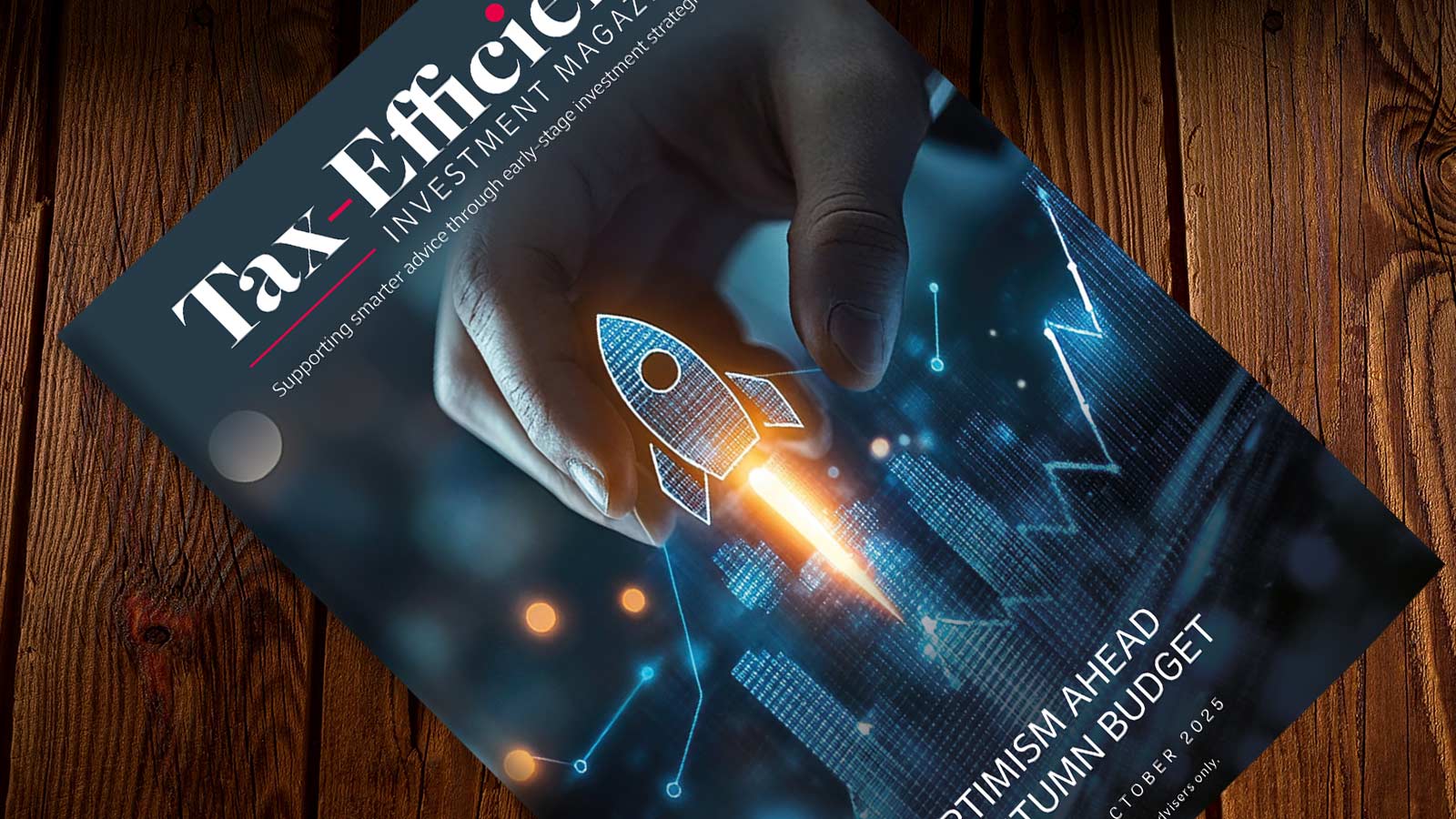For professional advisers and paraplanners only. Not to be relied upon by retail investors.
By Octopus Investments
Beyond pensions and ISAs, how can you help clients invest for the future tax efficiently?
There are tax planning opportunities with tax-efficient investments, such as Venture Capital Trusts (VCTs), that could exist in your client bank today that you haven’t considered. Let’s look at some of those opportunities.
High-earning clients
A good and obvious place to start is high-earning clients.
The 45% additional rate income tax threshold has decreased from £150,000 to £125,140. Higher earners are paying more income tax and the threshold is frozen until at least 2028.
While the lifetime pension allowance was scrapped and the annual allowance increased to £60,000, not everyone will be able to benefit. Those earning over £200,000 will still be affected by the taper, and those earning more than £360,000 would have an annual pension allowance of just £10,000.
Clients with large income tax liabilities might benefit from additional ways to invest for the future tax-efficiently. This is especially true for clients who make full use of their annual ISA and pension allowances.
Complementing pension planning and other arrangements
One option is a Venture Capital Trust (VCT). These are pooled investments where a client invests in one large, listed company, which in turn invests in a diversified portfolio of early-stage companies.
An investor can claim up to 30% income tax relief on the amount invested in a VCT, on up to £200,000 invested each tax year.
VCTs typically target a 5% dividend annually which is tax-free. This combination of tax reliefs and returns can be powerful. Additionally, if the VCT shares grow in value any gain is tax free.
For these reasons, VCTs have become an attractive complementary way to invest for retirement. And could be used as an additional pot that a client can access ahead of drawing down on their pension should they need to. Bear in mind, of course, that liquidity is never guaranteed and VCT shares must be held for at least five years to retain any income tax relief claimed.
Tax planning opportunities aren’t restricted to high earners
It’s not just high earners to consider. Landlords, for example, can claim income tax relief against their rental income when investing in a VCT. This can be very attractive.
Where landlords want to invest rental income for retirement, pensions require you to contribute relevant earnings, typically from employment which a landlord may not have. Also, landlords can no longer deduct all their mortgage from rental income, meaning more of their rental income is subject to income tax. As a result, some landlords use VCTs to invest their rental income tax-efficiently by making use of the 30% income tax relief from the investment against their tax bill. What’s more, the investment can provide a source of income through tax-free dividends, alongside their rental income.
And the client planning opportunities do not end there, which is why Octopus has created a range of client planning scenarios to help advisers spot opportunities.
A reminder of the key risks
The value of a VCT investment, and any income from it, can fall as well as rise. Investors may not get back the full amount they invest.
Tax treatment depends on individual circumstances and tax rules may change in the future. Tax relief depends on the VCT maintaining its qualifying status.
VCT shares and the shares of smaller companies are by their nature high risk, their share price may rise and fall more sharply than other shares on the main market of the London stock exchange and may be harder to sell.
Next steps
To help support good outcomes with tax-efficient investments, you can use our client planning scenarios. They’ll help you see how these investments can support a variety of clients across your entire client bank.
Explore planning scenarios from Octopus Investments >>
Tax-efficient investments are not suitable for everyone. Any recommendation should be based on a holistic review of your client’s financial situation, objectives and needs. This communication does not constitute advice on investments, legal matters, taxation, or any other matters. Personal opinions may change and should not be seen as advice or recommendation.
Issued by Octopus Investments Limited, which is authorised and regulated by the Financial Conduct Authority. Registered office: 33 Holborn, London EC1N 2HT. Registered in England and Wales No.03942880. Issued November 2023. CAM013450















